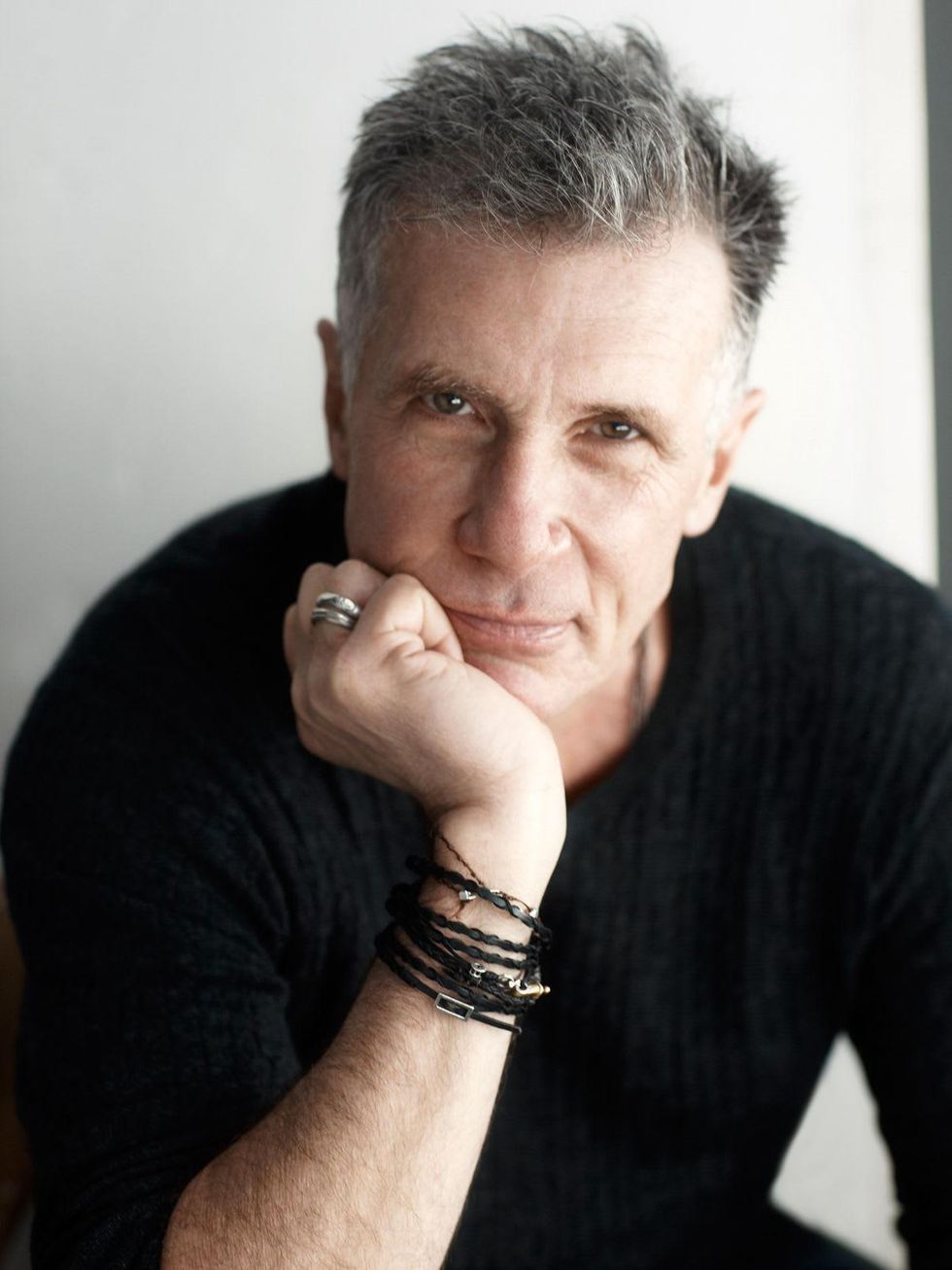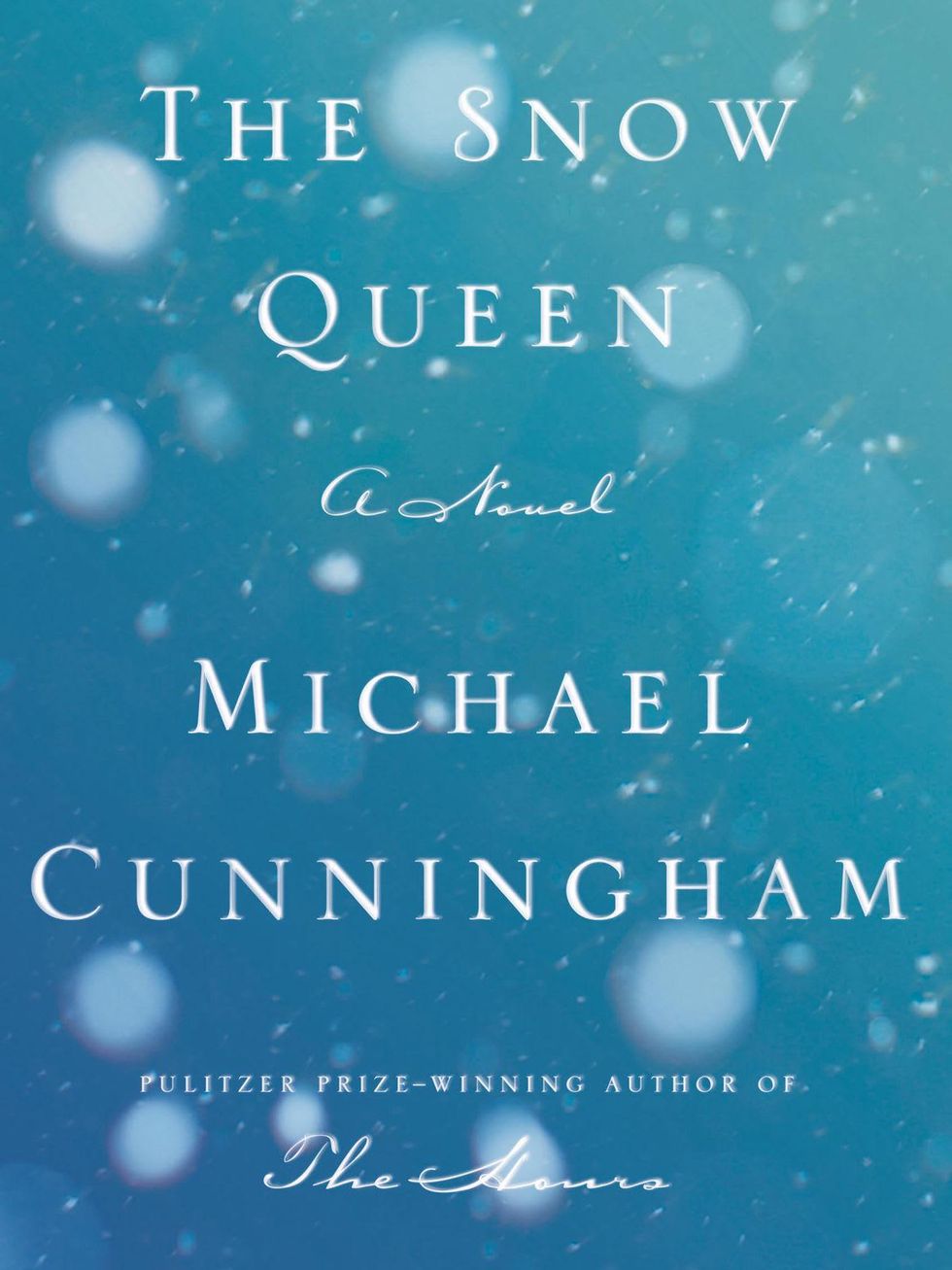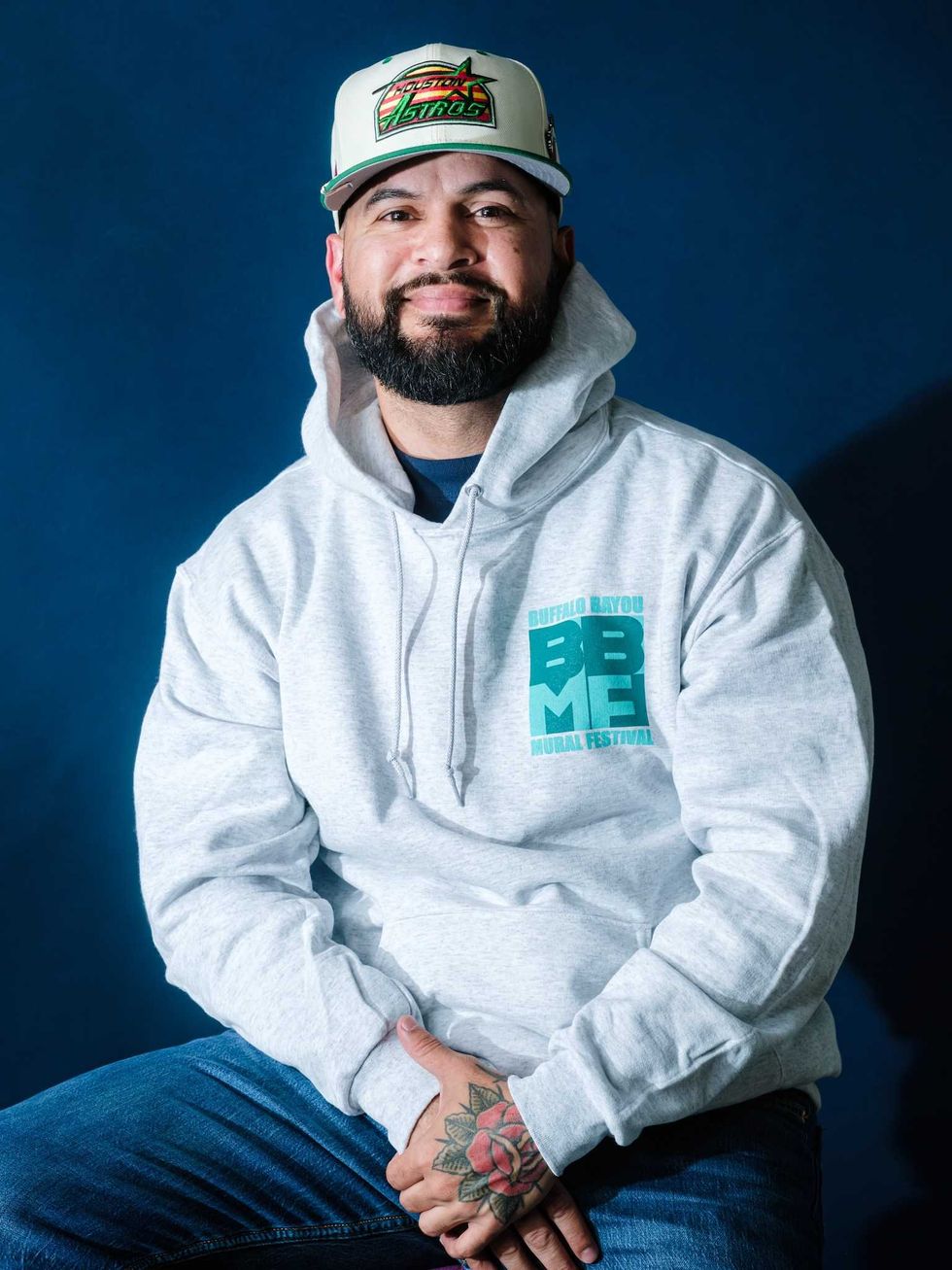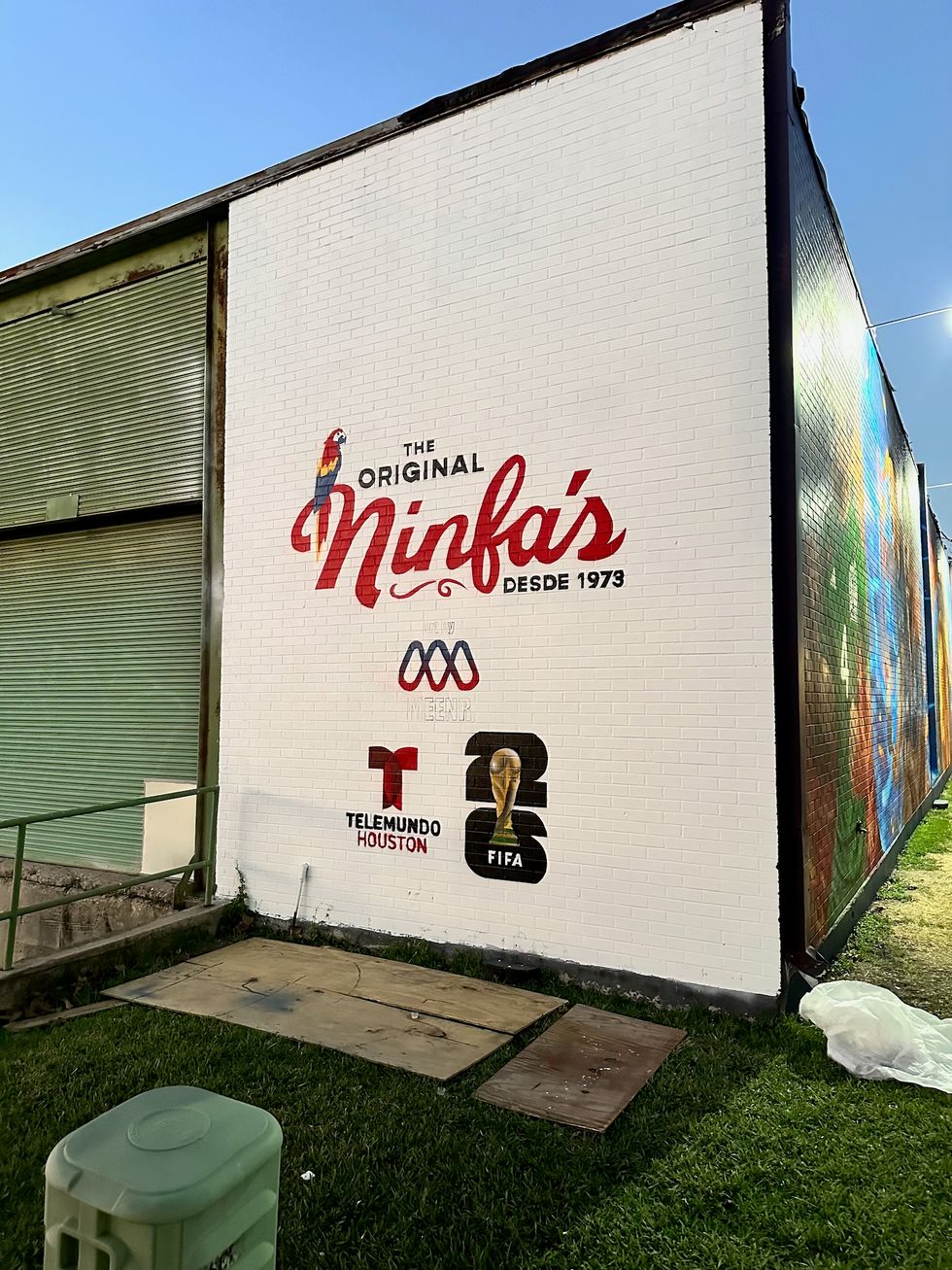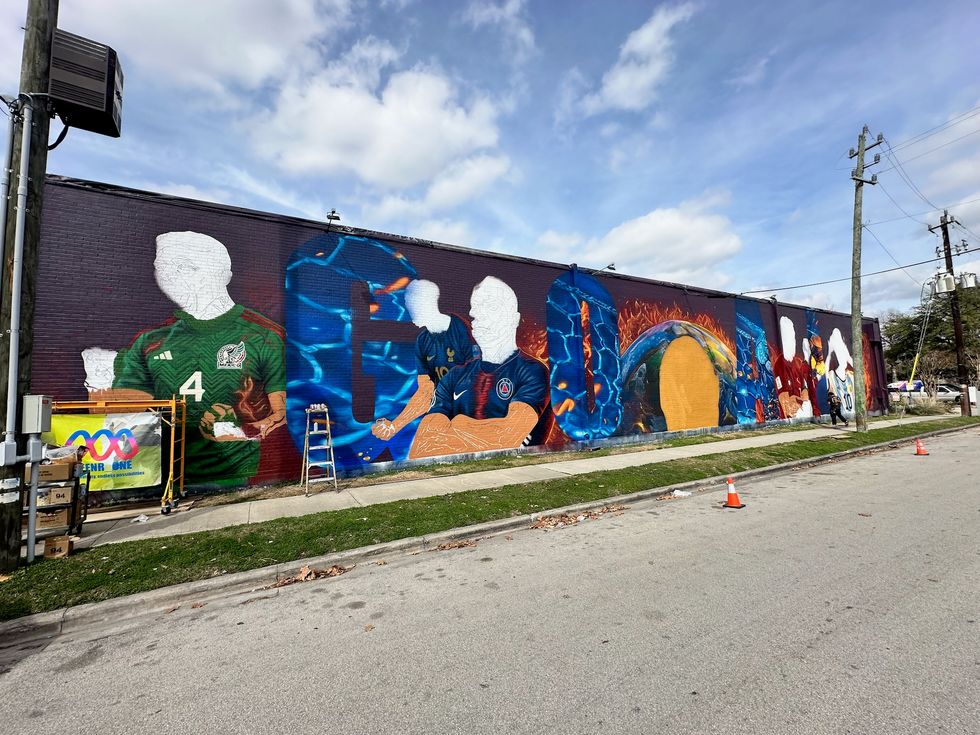The CultureMap Interview
Fairy tales, politics and TV: Acclaimed writer Michael Cunningham merges fantasy and reality in new novel
Once upon a time in a city of enchanted towers in a time of snow, two brothers set out on two quests. Tyler was in search of magical song to save his dying princess, while Barrett was visited by a celestial light in a forest’s sky and journeyed to find the secret of the light’s message. But these brothers did not live in some never ever fairytale land, but instead reside in the Bushwick Brooklyn of The Snow Queen, the latest novel by Pulitzer Prize-winning author of The Hours, Michael Cunningham.
I had a chance to speak to Cunningham recent before his Houston visit for the Inprint Margarett Root Brown Reading Series on Monday night and had to ask him how his latest work creates a kind of magical marriage between fairytale and a realistic story of fraternal relationships, drug use, infidelity and cancer all amid the general background hum of 21st century anxieties.
Queen vs. Queen
The Snow Queen resonates with echoes of the Hans Christian Andersen’s Snow Queen, but the plot is not based on classic fairytale, which Cunningham describes as a “very strange tale” that’s “kind of shaggy and all over the place.”
“If I only borrowed a couple elements from the Hans Christian Anderson stories, I very much borrowed that kind of fairy tale tone, that once-upon-a-time thing. It’s kind of dark, urban fairy tale."
“If I only borrowed a couple elements from the Hans Christian Anderson stories, I very much borrowed that kind of fairy tale tone, that once-upon-a-time thing. It’s kind of dark, urban fairy tale,” Cunningham explained.
One of the fascinating elements of The Snow Queen is Cunningham’s ability to balance that fairy tale atmosphere, that never feels inauthentic, with a very realistic 21st century setting where people talk about and feel the affects of national politics on their everyday lives. The novel jumps years between its three main sections, peeking in for a few days and nights on Barrett and Tyler, Tyler’s wife Beth and her business partner Liz, right before the 2004 and then 2008 elections.
“I don’t feel a purpose of the novel is to promote one political ideology over another,” Cunningham insisted. “What is puzzling for me about a lot of contemporary American novels is the way they seem to take place in a political vacuum, as if it just didn’t matter who’s running the government, who’s running the media, who’s running the corporations,” he said, adding that this seems to be a particular issue of American fiction.
Adapting to Adaptations
Cunningham is one of the major novelists who is making this 2014-2015 Inprint season one of its most cinematic, but he is also one of those rare authors, with a novel that has been adapted into an Oscar-winning film, who has also seen from all sides the process of turning novel to film.
The playwright David Hare wrote the screenplay for The Hours, while Cunningham wrote the script for his novel A Home at the End of the World. A few years ago he was one of the screenwriters and executive producers for the movie version of Susan Minot’s Evening.
“Part of what was so thrilling about David Hare did in adapting The Hours was bringing new ideas to it, his ability to see it with a fresh eye and take it to other places. I loved that.”
Bucking the stereotype of the writer who jealously guards his own vision, it’s Hare’s adaptation that Cunningham seems most comfortable with.
“One of the lessons I learned by adapting A Home at the End of the World is that if a novel is going to be adapted, it should probably be adapted by someone other than the novelist,” Cunningham told me with a laugh. “Part of what was so thrilling about David Hare did in adapting The Hours was bringing new ideas to it, his ability to see it with a fresh eye and take it to other places. I loved that.”
While he doesn’t at all regret adapting his own novel nor writing the Evening screenplay, he’s put both experiences on a list of adventures he’s in no hurry to repeat.
“I’d rather do something original. I was happy with the way the movie turned out, but I wasn’t really happy about taking the work of a writer I respect and alternating it to make it work as a movie. I don’t regret it, but I wouldn’t do it again anytime soon.”
Golden Age of Television
That new “original something” just might be television. He’s responsible for one episode of the Showtime series Masters of Sex and is now working on a pilot for the network about “brilliant young directors in late '60s America, that time when one minute Hollywood was making Doctor Dolittle and Cleopatra and suddenly it was Easy Rider and The Graduate.”
"Hardly a day goes by when I don’t talk to somebody about some great show way more often than I talk to somebody about a book or a movie. We’re talking about television.”
He’s only at the point of writing the pilot episode and makes it clear that nothing is definite, but talking with Cunningham it becomes quickly apparent how much this acclaimed novelist respects television.
When I agreed with him, but said I hated to use the cliche of describing this television era as a golden age, Cunningham has few qualms about the term.
“I don’t take exception with the phrase. Hardly a day goes by when I don’t talk to somebody about some great show way more often than I talk to somebody about a book or a movie. We’re talking about television.”
When I asked if one of the allures of writing for television is that the multi-episode form is much closer to the novel, his “first and abiding love,” he agreed.
“Oh, absolutely, I’m finding that as a novelist the idea of writing a television series is just more in sync with what I do writing a novel than trying to make a whole story happen in two hours in a movie. I feel much more at home doing this.”
Cunningham will give a craft talk, which is open to the public, at 1 p.m. on Monday (Nov. 10) at the UH Honors College Commons. He then reads from The Snow Queen that evening at 7:30 at the Wortham Center.
